What I Read in April
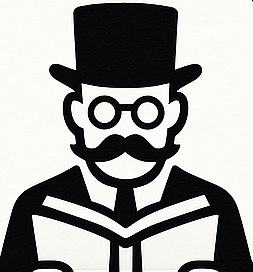
A note on my reading patterns and these reviews
Some months I read quite a bit, others I don’t read at all. So these reviews will be inconsistent. Additionally, reading a book is quite a significant investment in time, therefore I am a fan of giving up on some books. With that in mind, I won’t be including any books that I do not finish. So the reviews will all meet a certain personal or subjective baseline of interest on my part. The ones I do review will be categorized with the following broad ratings:
- Would recommend
- Recommend if the topic or genre interests you
- Would not recommend Lastly, calling these “reviews” is generous on my part. The idea is just to jot some quick notes down and give you an idea on what I’m reading.
April Reviews
This past April I finished reading 4 books. A couple of novels and a couple of non fiction books. Don’t be too impressed, they were all quick reads. On the fiction side I read The Unworthy by Agustina Bazterrica and The Maniac by Benjamín Labatut. For non-fiction it was Abundance by Ezra Klein and Derek Thompson and Notes on Complexity by Neil Theise. Let’s jump through some quick thoughts on each.
The Maniac
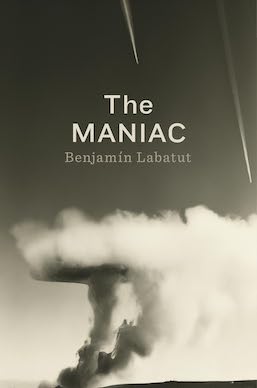 Rating: Would recommend
Rating: Would recommend
My favorite of the four, it hovers the line with non fiction. The book is layed out like a triptych where each story takes place at the dawn of some scientific climax. The middle story, which is the largest of the three, surrounds John von Neumann and is written from the perspective of those close to him via what seem to be letters or interviews. The story is interesting and the author really executes on the format.
Abundance
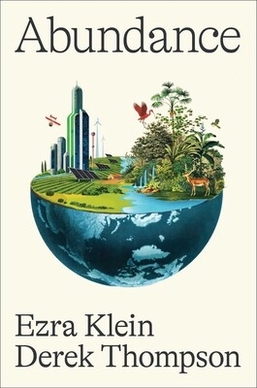 Rating: Would recommend
Rating: Would recommend
Based on the results in the last presidential election it’s clear that the Democrat’s message is not resonating with the American people. The platform set out in this book gives Democrats something to run on. It feels centrist, ambitious, and inspiring. Remove stifling regulations, build big ambitious projects, and ensure everyone can reap the rewards. The first chapter of the book reminded me of Poverty, by America by Matthew Desmond, another great read. Almost as captivating as what the book covered is what it left out. There was no mention of culture war like issues and topics that may be considered “woke”. Maybe it’s an implicit suggestion to Democrats not to focus on those issues.
The Unworthy
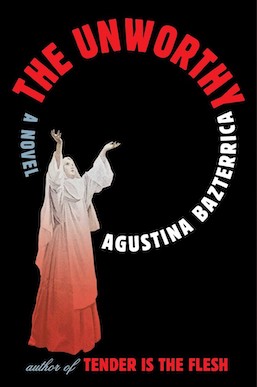 Rating: Would recommend
Rating: Would recommend
The Unworthy had a gothic feel to it. The story takes place in a dystopian world where civilization as we know it has ended and the main character takes refuge in a religious covenant. The social structure at the covenant mirrors what we see in many parts of the world today. The leaders set up classes to almost keep the members of the covenant distracted. There is a servant class you don’t want to descend into and upper classes that the sisters, or members of the covenant, attain to reach. Navigating these classes distract the sisters from asking larger questions about the society they are a part of. Ascending into one of the upper classes forces a sister to surrender a part of themselves – their voice, sight, or hearing. The novel has more substance than this mirror I think it’s aiming at society, but it’s what I thought most interesting.
Notes on Complexity
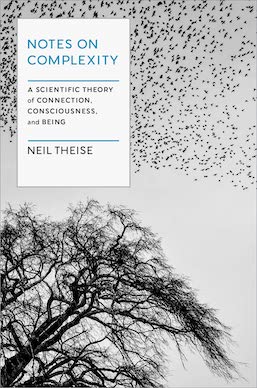 Rating: Recommend if the topic is of interest to you
Rating: Recommend if the topic is of interest to you
I first came across complexity theory back in my college years and it caught my attention at the time. Since then it hasn’t been at the front of my mind, but I came across this book at the local book store and decided to give it a try. Once again the concepts were very captivating. In the first half of the book the author does a great job introducing complexity theory and shows how it applies at the smallest of scales into the largest questions of life. Essentially from atoms to universe. I like how the author tied the scientific and the spiritual. Whenever I think back about the book not, it reminds me of the scene in season three of White Lotus where Jason Isaacs’s character asks the Buddhist monk what happens when we die. Don’t want to spoil either, but I think if you’ve read both the book and watched the show you’ll know what I’m talking about.